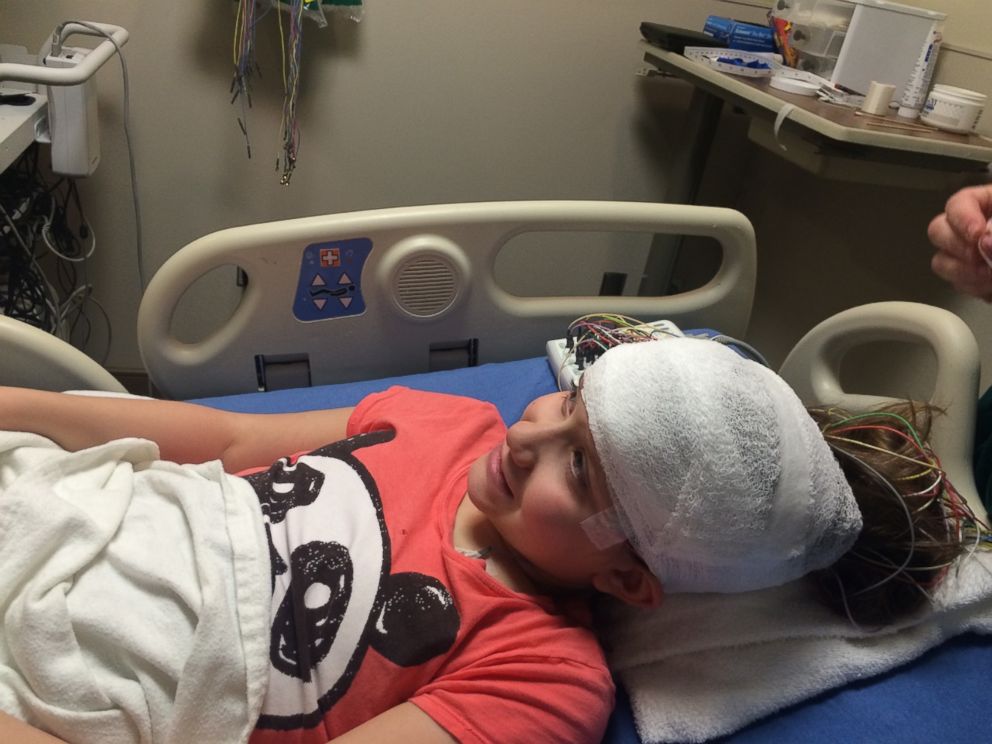Family on a Mission to Find a Cure for Daughter’s Rare Genetic Disease
Olivia Burtwistle is a 12-year-old girl in search of a cure for Batten disease.
— -- Olivia Burtwistle grew as a typically curious and energetic child until soon after her fourth birthday, when her parents began to notice changes, including a “rapid decline” in Olivia’s vision.
The Burtwistles, Brad and Julie, met with doctors around the country searching for answers for Olivia. At age 7, their daughter was diagnosed with juvenile Batten disease, a rare genetic illness that affects children and destroys brain cells, causing neurological disorders like blindness, seizures, dementia and ultimately premature death.
“Think about your child if you have a normal, vivacious, you know, outgoing 7-year-old daughter who suddenly goes blind and then imagine that's just the beginning,” Julie Burtwistle told Robin Roberts in an interview that aired today on "Good Morning America."

Olivia, who is now 12, and her family, who live in Colorado, see a glimmer of hope for a cure in Sioux Falls, South Dakota, home to one of the country’s leading medical systems, Sanford Health.
The system’s castle-themed children’s hospital draws people from all over the country and its research center conducts cutting-edge research.

Dr. David Pearce, president of research at Sanford Health, is on the front lines of the research now underway there into adult stem cell therapy.
“What we're working on here is cures for rare diseases, cures for children,” Pearce told Roberts.
Speaking of Olivia, Pearce added, “Unfortunately cells in her brain are dying. We can try and compensate for that with drugs and with gene therapy, but ultimately we want to be able to replace those cells and restore her to full function.”
Olivia has not yet been treated at Sanford Health. Her family's dream is for her to be treated at Sanford if researchers find a cure in time.

Currently, less than one percent of rare genetic diseases like Batten disease have treatments that are approved by the Food and Drug Administration (FDA). Researchers are in what they describe as a race against time to implement adult stem cell therapy –- which is still in the research phase –- as a cure.
“For stem cells, it's going to be a slightly slower process because it just hasn't been done before,” Pearce said. “You know, I'd like to be optimistic -- one year -- but it's probably more realistically three years, quite frankly.”
Pearce said he is encouraged that clinical trials and treatments for patients are already in progress.
“I personally can't think of any more, you know, job satisfaction than that because it's not a job. It's a passion,” Pearce said. “It’s a life.”




